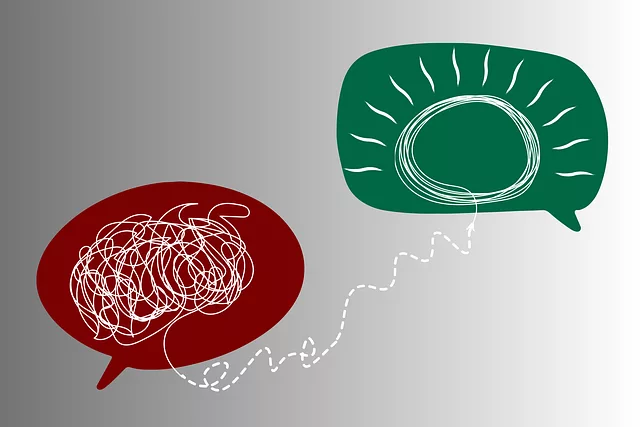The Denver Kaiser mental health programs provide comprehensive, evidence-based solutions tailored to individual needs, leveraging 'Mind Over Matter' principles to revolutionize care and reduce stigma. With a focus on accessibility and personalized care, these programs combine education, counseling, and community support to foster a culture that prioritizes mental wellness, ensuring everyone in Denver has access to high-quality treatment options.
Mental health advocacy initiatives play a pivotal role in fostering societal well-being and ensuring accessible support. This article explores the intricate world of such efforts, beginning with a definition and historical context that highlights their significance. We delve into a case study of Denver Kaiser’s innovative mental health programs, showcasing their impact on communities. Furthermore, it discusses global strategies for expansion, including digital tools and community collaborations, to revolutionize mental healthcare access worldwide, with a particular focus on the Denver Kaiser model.
- Understanding Mental Health Advocacy Initiatives
- – Definition and significance of mental health advocacy
- – Historical context and evolution of mental health awareness campaigns
Understanding Mental Health Advocacy Initiatives

– Definition and significance of mental health advocacy

Mental health advocacy is a powerful tool for creating positive change and raising awareness about the importance of mental wellness. It involves tirelessly promoting understanding, acceptance, and support for individuals dealing with various mental health challenges. Advocacy initiatives play a crucial role in shaping public perception and policy related to mental illness, ensuring that people receive the care they need. By amplifying the voices of those affected, these efforts break down stigma and promote early intervention.
In Denver, the Kaiser mental health programs have been at the forefront of advocacy, utilizing Mind Over Matter Principles to empower individuals to take control of their mental wellness. These programs offer a range of services, including education on stress reduction methods, counseling, and community support groups. Through such initiatives, Kaiser aims to foster a culture that prioritizes mental health, making it more accessible and less stigmatized. This approach aligns with the broader goal of enhancing overall well-being and creating a supportive environment for all.
– Historical context and evolution of mental health awareness campaigns

Mental health awareness campaigns have evolved significantly over time, reflecting societal shifts and a growing understanding of psychological well-being. Historically, mental illness was often stigmatized and hidden, with limited public discourse or support systems. However, key initiatives like the establishment of mental health institutions and the work of pioneering activists in the 20th century began to change this narrative. These early efforts laid the groundwork for more robust advocacy, culminating in the modern global push for improved mental healthcare access and destigmatization.
In recent decades, organizations such as Denver Kaiser Mental Health Programs have played a pivotal role in advancing these causes. Their comprehensive programs integrate innovative therapies, education, and support services tailored to diverse communities. Furthermore, they emphasize training like Cultural Competency Training for Healthcare Providers and implementing Risk Management Planning for Mental Health Professionals to ensure sensitive, culturally-responsive care delivery. This approach underscores the growing recognition of Cultural Sensitivity in Mental Healthcare Practice as a crucial component of effective advocacy initiatives.
Mental health advocacy initiatives, like those facilitated by Denver Kaiser’s programs, play a pivotal role in shaping public perception and policy. By understanding the historical context and evolving significance of these campaigns, we can foster more comprehensive support for mental well-being. Through continued education and grassroots efforts, we move towards a society that prioritizes and effectively addresses mental health concerns. This journey, rooted in advocacy, is essential for creating a healthier and more inclusive future.






